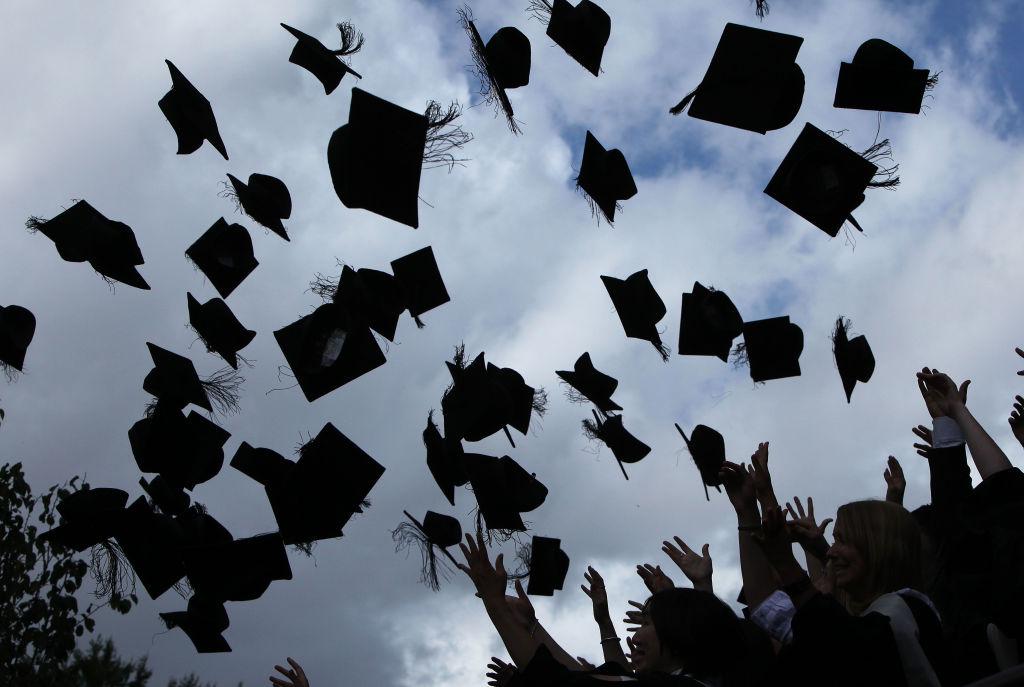The Higher Education Policy Institute has polled 1,000 full-time undergraduates on free speech issues, concluding that students are significantly less supportive of free expression than they were just a few years ago.
The new results show a solid increase from 2016 with things seemingly swinging “too far in one direction,” with students wanting greater restrictions to be imposed on things that have tended to be considered normal in the past.





